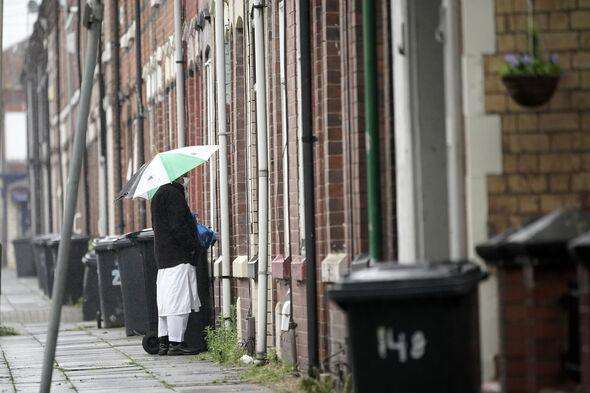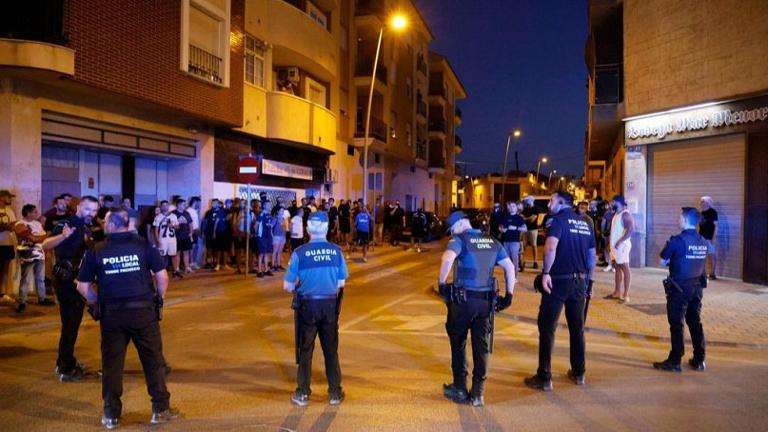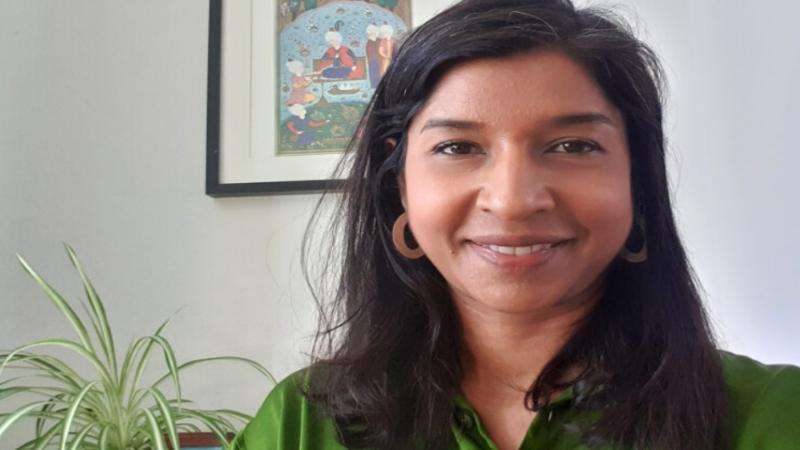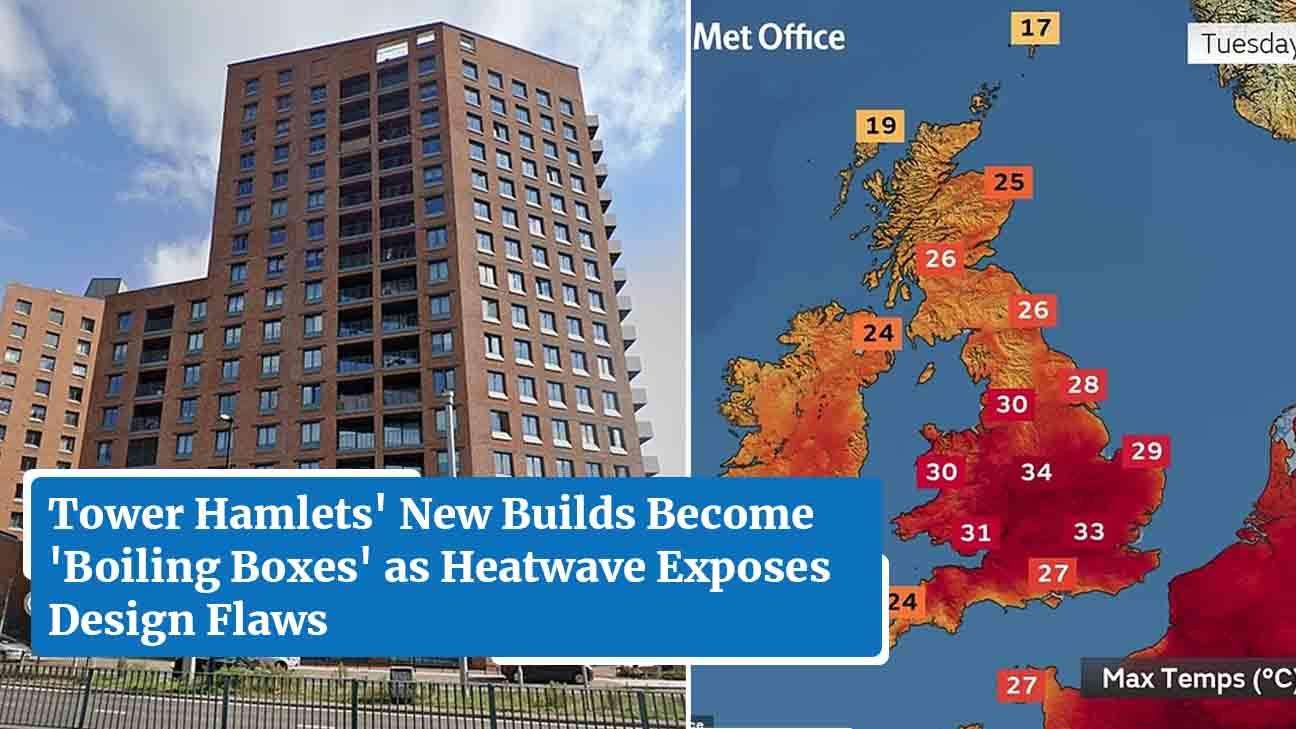In a powerful statement against what critics are calling "institutionalized Islamophobia," the Spanish central government has formally intervened to revoke a discriminatory ban on religious gatherings in the southeastern town of Jumilla. The decision, announced on Monday by Territorial Policy Minister Ángel Victor Torres, underscores a strong defense of the constitutional right to freedom of worship, particularly for the town's significant Muslim community.
The controversy began last week when the conservative local government of Jumilla, led by the center-right Popular Party (PP), approved a measure that prohibits municipal sports facilities from being used for "cultural, social or religious activities foreign to the City Council." Although the ban was framed in neutral terms, its clear target was the local Muslim population, which has for years used these public spaces to celebrate major holidays like Eid al-Fitr and Eid al-Adha.
Read Also: Spanish Town's Ban on Muslim Festivals Sparks Outrage and Legal Concerns
The move was a direct result of an initial proposal by the far-right Vox party, which celebrated the ban on social media, declaring that "Spain is and always will be a land of Christian roots." This rhetoric, referencing Spain's Christian identity and contrasting it with a supposed "Al Andalus" past, was seen as a clear attempt to marginalize the Muslim community. The Jumilla mayor, Seve González, defended the ban by claiming it was meant to "promote cultural campaigns that defend our identity," but this justification was widely condemned.
The central government's response was swift and forceful. Migration Minister Elma Saiz previously called the ban "shameful," and on Monday, Minister Torres declared on X that "There can be no half-measures when it comes to intolerance." He emphasized that the PP and Vox cannot decide who has freedom of worship, as it is a fundamental constitutional right. This formal order gives the Jumilla council one month to respond and comply. If they fail to do so, Madrid has indicated it will explore other legal options to enforce its directive.
The ban has garnered widespread condemnation from various sectors. The UN Special Envoy to Combat Islamophobia, Miguel Moratinos, expressed that he was "shocked" by the decision and voiced "deep concern about the rise in xenophobic rhetoric and Islamophobic sentiments in some regions in Spain." Notably, even Spain's Catholic bishops publicly criticized the ban, affirming that it violates fundamental rights and discriminates against all faiths.
This incident is part of a larger, concerning trend in Spain and across Europe, where right-wing political parties are pushing anti-immigrant and anti-multicultural measures. The ban in Jumilla follows recent clashes in the Murcia region between far-right groups and migrants, highlighting heightened tensions. The government's decisive action, however, serves as a clear message that such discriminatory measures will not be tolerated and that the constitutional rights of all citizens, including the Muslim community, must be upheld.
_4.jpg)

_4.jpg)





.svg)



